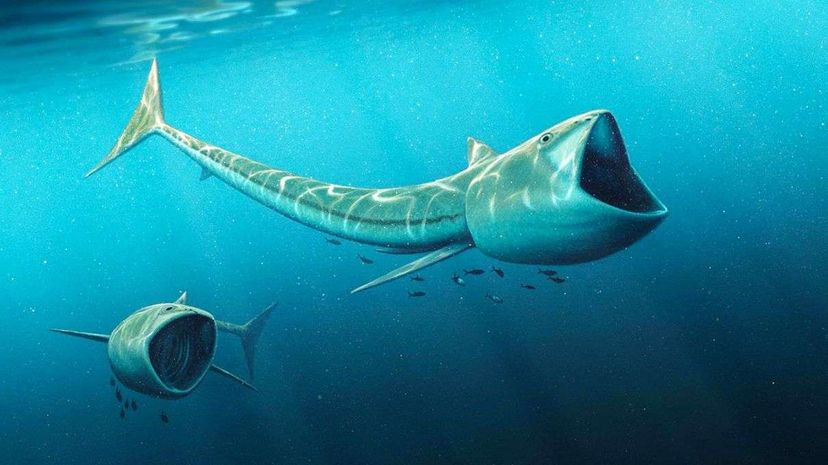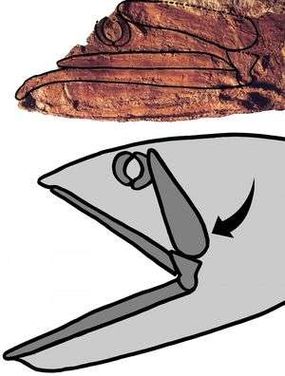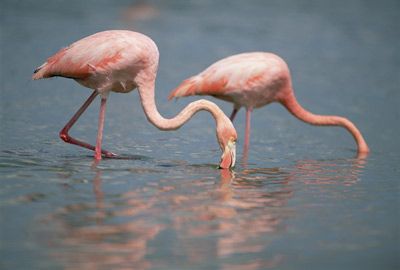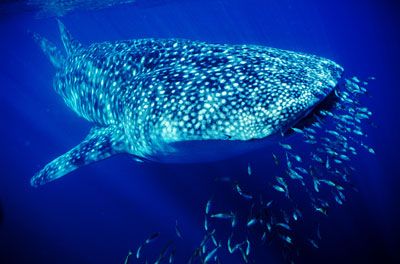
Scientists have discovered fossils of an ancient fish species dating back about 92 million years to the Age of Dinosaurs. The skull fossils were discovered in Colorado in the western United States and belong to an extinct group of plankton-eating fish called Rhinconichthys.

These filter-feeding fish are the second and third species identified as belonging to the Rhinconichthys genus, a group of bony bigmouth fish from the Cretaceous Period. The discovery also prompted a re-examination of fossils discovered in Japan. Named Rhinconichthys purgatoirensis and Rhinconichthys uyenoi, the new specimens belong to the extinct group pachycormids.
Advertisement
As described in a study published in Cretaceous Research, the fossils discovered suggest an animal that measured more than six feet long and had a jaw structure unusual in bony fish, more like that of sharks (whose bodies have cartilage rather than bones).
Modern animals that subsist on a planktivorous, or plankton-eating, diet primarily include mammals like blue whales and other baleen whales, as well as manta rays and whale sharks. (Rhinconicthys, in fact, takes its name from the whale shark's scientific genus Rhincodon.) These two new species discovered in the United States join Rhinconicthys taylori, the only previously known species which was discovered in 2010.
The ancient fish fossils were uncovered by a collaborative team of international scientists. "Based on our new study," says co-author and DePaul University paleobiologist Kenshu Shimada in a press release, "we now have three different species of Rhinconichthys from three separate regions of the globe, each represented by a single skull. This tells just how little we still know about the biodiversity of organisms through the Earth's history. It's really mindboggling."
Advertisement

